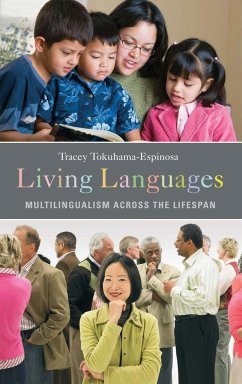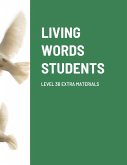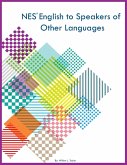Globalization is on everyone's tongue, and the discussion is not only limited to economic exchange, but expands to the intermingling of cultural values. To be truly successful in the international arena, whether as an immigrant, student, businessperson, or tourist, openness toward other cultures is vital and the most obvious door to those cultures is through language. Learning a second language is no longer an option for many, it is both a survival tool and an opportunity. This book is an aid to parents, educators, researchers, and individuals who want facts about foreign language learning in order to apply concrete tools to maximize their potential in this area, independent of their age. This book examines the various factors in successful multilingualism across the lifespan, discussing groups such as those lucky enough to enjoy bilingualism from birth to those who become foreign language learners in adulthood. Special attention is paid to a critique of the academic critical years concept and the question, how long does it take a non-native speaker to become fluent? While many are concerned with bilingualism, millions around the world live with three or more languages. For those considering adding a third language, this book looks at the benefits of bilingualism that transfer to trilingualism. Finally, the book establishes methods for teaching foreign languages and hints for home support that maximize each person's potential for languages.
Hinweis: Dieser Artikel kann nur an eine deutsche Lieferadresse ausgeliefert werden.
Hinweis: Dieser Artikel kann nur an eine deutsche Lieferadresse ausgeliefert werden.








